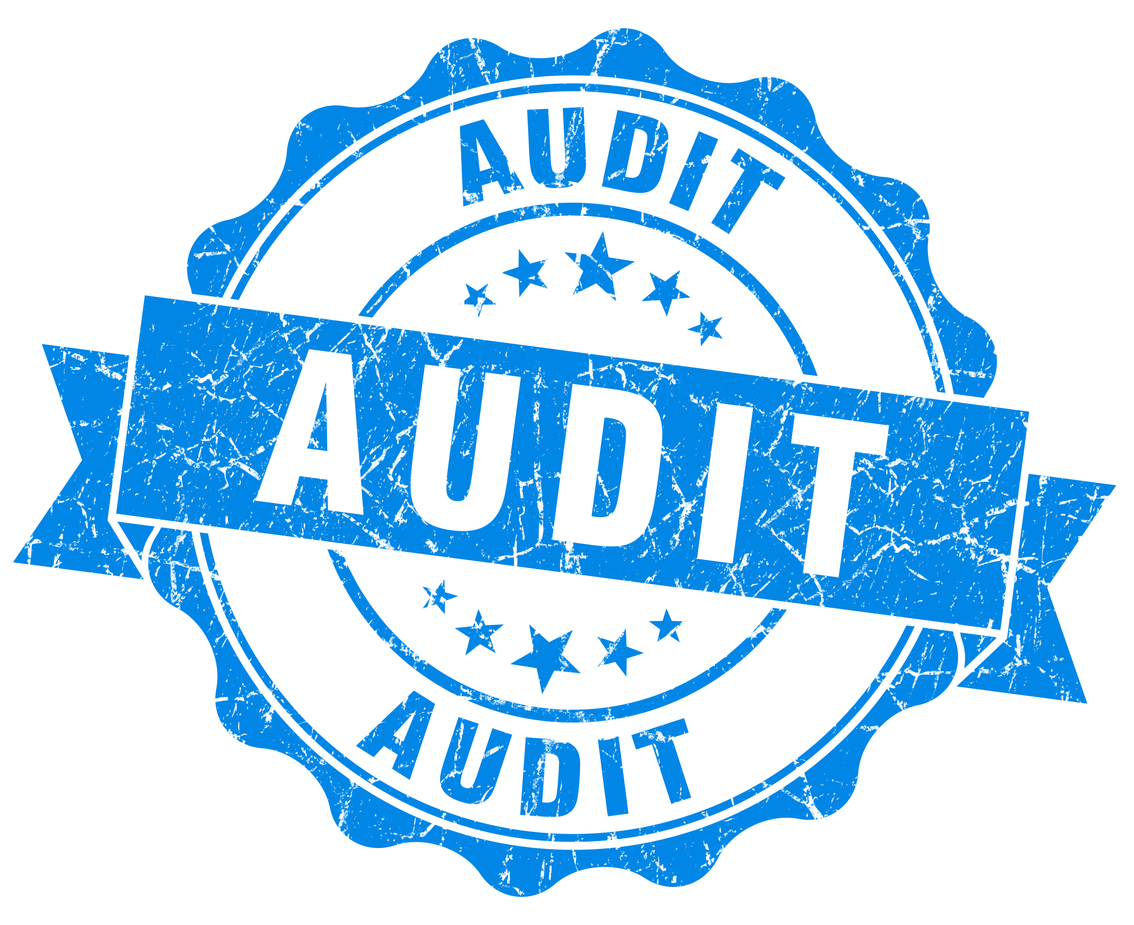
The New Corporate Insolvency and Governance Bill – What Directors Need to Know
On 20 May 2020 government published its much-heralded Corporate Insolvency and Governance Bill, with the aim of supporting businesses through the COVID crisis and bolstering the UK’s economic recovery.
It has been put before parliament and is expected to come into force quickly, hopefully as soon as July. So how will it help directors in these difficult times? Here are the top five things you need to know:
1. Breathing Space
At the moment there is no stand-alone process that allows companies breathing space to look at all the options for restructuring their debts. The new legislation will allow a company facing insolvency to get a 20 business day moratorium period to allow it time to consider its options, restructure or seek new investment without the risk of creditors taking action against it. To get the benefit of the moratorium directors will need to make a statement that the company is, or is likely to become, unable to pay its debts and a licensed insolvency practitioner, known as a “monitor” must make a statement that it is likely that a moratorium for the company would result in the rescue of the company as a going concern.
The initial 20 business day moratorium can then be extended for a further 20 business days if directors file a notice and certain other documents at court. Any extension of the moratorium beyond that will require the consent of the creditors or the court.
The monitor’s role is restricted to making sure the company complies with the requirements of the moratorium, approving the sale of assets outside the normal course of business, and approving any grant of new security over the company’s assets. The directors will remain in charge of running the business on a day-to-day basis and creditors will have the ability to challenge the actions of the directors, or indeed the monitor, on grounds that their interests have been unfairly prejudiced.
2. New Restructuring Plan
The Bill contains a new restructuring procedure which has the ability to bind both secured creditors and unsecured creditors whether or not they have voted for it.
Creditors will vote on the plan in individual classes, and the plan will ordinarily require the approval of a minimum of 75% in value in each class of those voting.
To be eligible, companies will need to have encountered or be likely to encounter financial difficulties which the plan can address and court approval of the plan is required. The Court may sanction a restructuring plan even if it has not been approved by all classes of creditors or members as long as:
- no member of a dissenting class would be worse off under the restructuring plan than they would be in the event of the relevant alternative (being whatever the Court thinks is most likely to occur if the restructuring plan doesn’t go ahead); and
- at least one class who would receive a payment or would have a genuine economic interest in the company in the event of the relevant alternative has voted in favour of the plan.
3. Ban on Statutory Demands and Winding Up Petitions
Temporary provisions are included in the Bill to stop statutory demands and winding up petitions where the debt is unpaid due to Covid-19.
Creditors cannot serve statutory demands during the period beginning with 27 April 2020 (it has retrospective effect) until 30 June 2020 or one month after the Bill becomes law unless they have reasonable grounds to believe that coronavirus has not had a financial effect on the debtor, or the debtor would have been unable to pay its debts even if the pandemic had not happened.
In addition, no petition for the winding up of a company can be presented on the ground that the company has failed to satisfy a statutory demand if the relevant statutory demand was served during the period beginning with 1 March 2020 and ending with 30 June 2020.
4. Protection of Supplies and Services
When a company enters into an insolvency process or a restructuring procedure, suppliers will often refuse to continue to supply them as provided for in their contract. Those supplies can be crucial to allow continued trading and a rescue of the business. Already certain key suppliers like utility companies are barred from stopping supplies because of insolvency where their supplies continue to be paid for. The Bill takes this further and prohibits all suppliers from stopping supplies due to insolvency if they are being paid however suppliers cannot be forced to supply if it causes hardship to their business.
5. Relaxation of Wrongful Trading
The current wrongful trading rules protect creditors by imposing personal liability on directors of insolvent companies if they continue to trade when there is no reasonable prospect of the company avoiding insolvency and cause an increase in the company’s liabilities to its creditors.
These provisions are temporarily suspended with retrospective effect from 1 March 2020 to 30 June 2020. Liquidators and administrators will not be able to bring claims for wrongful trading against an insolvent company’s directors for any losses caused by trading during the period of the suspension of the rules. It should however be remembered that directors’ duties to their creditors during that period continue and liquidators and administrators can still bring claims against directors for breach of those duties.
This Bill takes welcome steps to help directors in these troublesome times. Many businesses are experiencing severe financial pressure and some will need to take steps to restructure the additional debt they have taken on during the pandemic. These measures provide some further support and will hopefully encourage companies in difficulties to seek help sooner rather than later.
If you need advice on any of the issues raised in this article please contact Catherine Feechan.




























































































